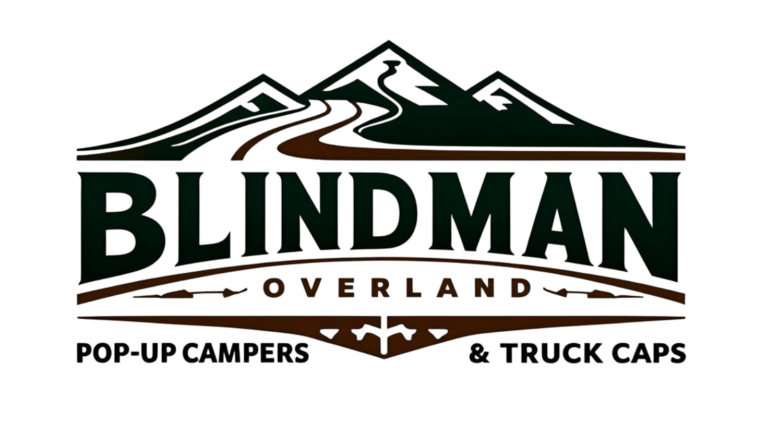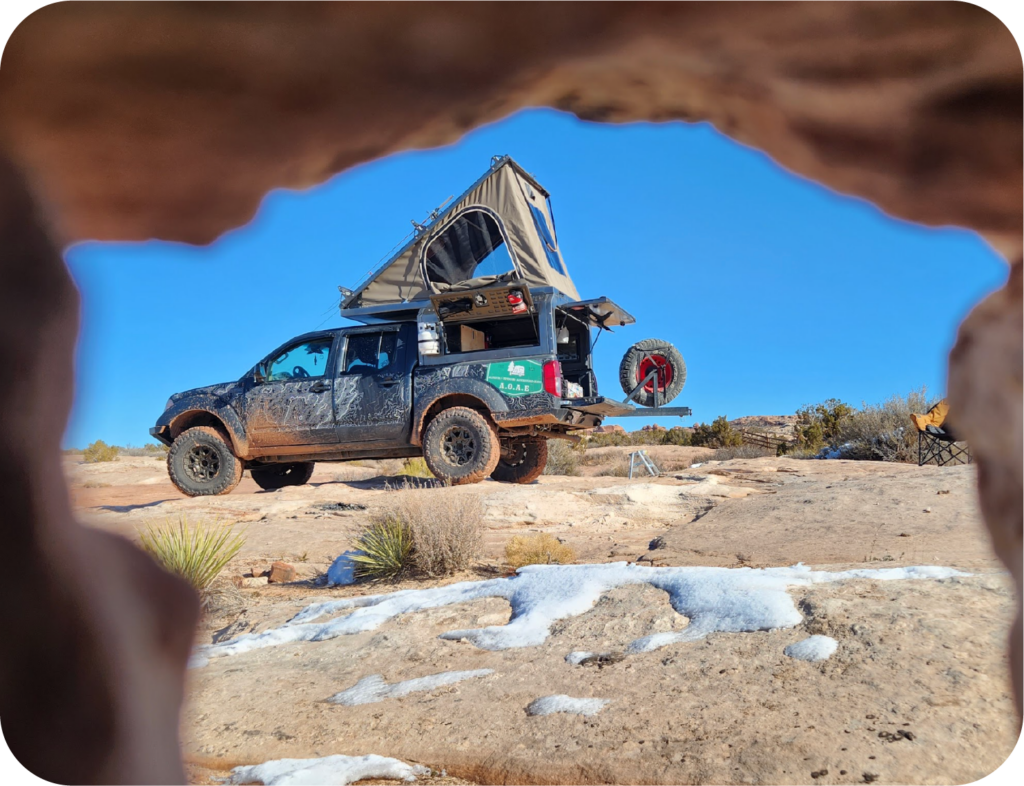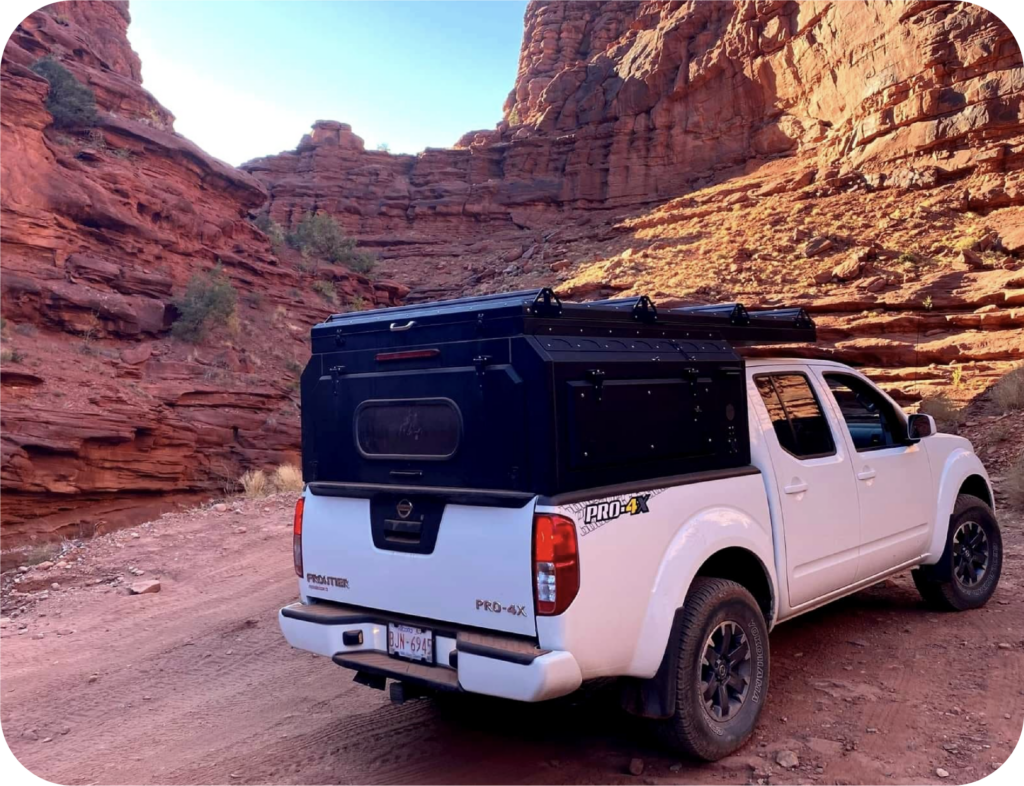Solo Camping in the Canadian Mountains: A Guide to Food Safety, Communication, and Wildlife Encounters
Introduction
Camping solo in the Canadian mountains is a thrilling adventure that offers a unique opportunity to connect with nature, find solitude, and challenge yourself in the wilderness. However, it also comes with its fair share of challenges, including food safety, communication, and potential wildlife encounters. In this blog post, we’ll explore the essentials of solo camping in the Canadian mountains, focusing on these three crucial aspects to ensure a safe and enjoyable experience.
Food Safety in the Wilderness
Proper Food Storage:
When camping in the Canadian mountains, it’s essential to store your food properly to avoid attracting wildlife. Invest in bear-resistant containers or bear bags to keep your food safe and away from curious animals. Hang your food at least 10-15 feet above the ground and 4-6 feet away from the tree trunk to deter bears and other critters.
Minimize Cooking Outdoors:
Be mindful of cooking odoors that can linger in your campsite. Cook and eat away from your sleeping area, and always clean up thoroughly after meals. Store cooking equipment with food residues in sealed containers to prevent unwanted visitors. Whenever possible that is, and some places require more diligence than others.

Dispose of Waste Responsibly:
Follow Leave No Trace principles by properly disposing of food scraps, garbage, and other waste. Use
designated receptacles or pack out everything you bring with you. A simpler hack is actually to food prep all your portions and meals before cooking to ensure no scraps and minimal cleanup is needed! But what happens when despite your best efforts you get into a situation that requires aid?
Communication Essentials:
Solo camping in remote areas means you may not have cell phone signal. Consider investing in a satellite communication device or a personal locator beacon (PLB) to stay in touch with the outside world and signal for help in emergencies.
Emergency Contact Information:
Leave a detailed itinerary with a trusted friend or family member, including your planned route, estimated return date, and emergency contact numbers. Check in with them periodically if possible and inform them when you’re back safe.
Carry a Map and Compass: While GPS devices are handy, they can fail or run out of battery. Always carry a physical map and compass and know how to use them to navigate. Familiarize yourself with the terrain and landmarks in advance.








